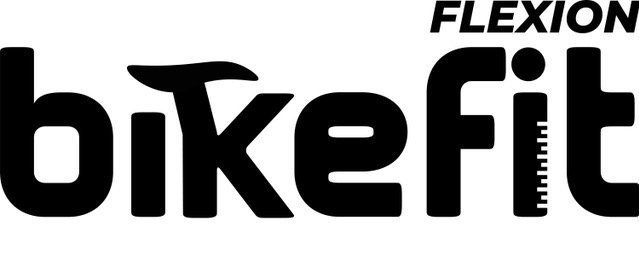This article originally appeared in Pedal Magazine, 2017
Many of us have faced adversity in our lives…if you’ve ridden your bike for any length of time you are sure to have gone through some tough times, be it an injury from overtraining, a crash or simply burn out. Of course, there are many other sources of adversity in our lives from personal health, family, career and friends.
The dictionary defines “adversity” as “difficulties; misfortune: resilience in the face of adversity”. Interestingly, the Latin origin of adversity is defined as “to turn toward”, in other words to face your problems head on. Adversity also causes high stress levels which stimulate the nervous system and adrenal glands. Many times, we may react to adversity in ways that we had never considered. However, I believe that the key from suffering an adversity in your life is tolearn from these difficult times to help you become a better athlete and person - what I call the ‘cycle of adversity’.
Over my cycling career as well as my personal life, I have been faced with many challenges and difficult times. I believe that racing my bike has taught me a lot about how to deal with these life stressors and I hope that I can share some of those lessons with you here.
As a full time bike racer, we raced on average 100 race days a year. I often say that if I read a race correctly, I could put myself in a winning position about 20% of the time. Of those races, I was able to win 5 of those races…that’s 95% loss rate…which can be stressful in itself when your job is to win races. In this case, it was important to step back and look at the big picture and realize that if each of my 15 teammates won 5 races, we would be winning over 50% of the races we entered. Those feelings of loss were replaced with a inner pride of having contributed to the team as a whole.
The more races you enter, the more chance there is of crashing, it’s just a fact. As a junior cyclist, I was sticking my nose into places that I probably shouldn’t have, such as trying to ‘slam’ and pass on the inside of a corner during a criterium or trying to pass through an impossible gap during a sprint - consequently, I did crash a lot in my younger years.
Tour de France crash at the top of the Galibier - rookie move!
The easy way out was to put the blame on the other riders but I was able to be retrospective and realize that I needed to change how I approached these situations to try and avoid future conflicts. Some race situations are truly beyond control but for the most part, changing the way I raced started to help me be a better and safer bike rider. For example, I began to ‘read’ the other riders and understand who was safe to ride behind. I rode closer to the front of the group where the better riders were always positioned. The back of the pack was where the dangerous riding was and making the extra effort to ride up front gave me the added bonus of putting me in a winning position.
I’ve also had my share of adversity personally. Making the transition from a full time professional athlete to a business person was probably one of the hardest things I’ve had to do. No one really prepares for this radical change in lifestyle and it was certainly a shock to stop riding every day and start selling bicycles the next. Again, I was able to look inwardly and rely on the lessons I’d learned from racing and training. I broke the necessary skills down into manageable chunks, so that I didn’t feel overwhelmed. I learned solution sales skills, CRM and spreadsheets became second nature! In retrospect, being forced into the necessary changes broadened my world view and I’ve been able to apply my athletic experience to the business world.
Everyone has experiences that they can draw on as they move forward through life’s ever changing and evolving challenges. The key for me has always been to reflect and bring forward lessons that I’ve learned in the past that I can apply to today’s situation. It’s a full life cycle of facing adversity head on, breaking down the challenges and sometimes making mistakes as you work towards overcoming the situation and hopefully, learning and improving yourself over time - turning the cycle of adversity into your secret advantage!
This article originally appeared in Pedal Magazine, 2017











